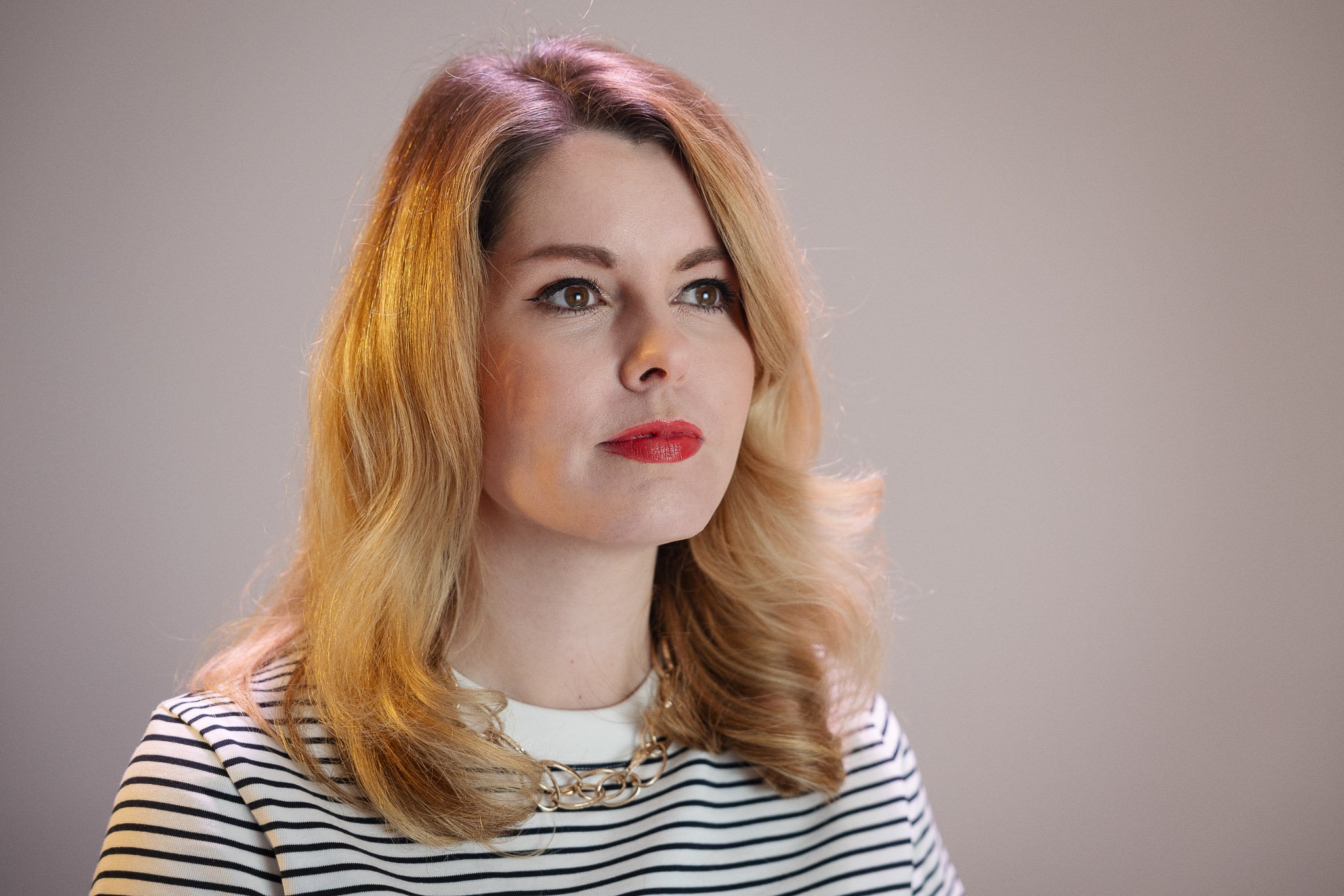HOW TO MAKE
A PLACE
YOUR OWN
Kim McGuinness
Northumbria Police & Crime Commissioner
&
Labour North East Combined Authority Mayoral Candidate
The North East continues to be defined by the challenges it faces in terms of low life expectancy, child poverty, unemployment and low productivity. One woman who wants to tell a different story is Kim McGuinness, Labour’s candidate for the upcoming North East mayoral election. With the region’s future in the line, we sat down with Kim to talk about her background and upbringing, the realities of being a woman in politics and how devolution can help us make this place our own.
Photographs by Christopher Owens
The people of North East England are authentic, resilient, and passionate advocates of the places they are from. From Berwick to Blyth to Bishop Auckland, you will find communities that thrive against the odds, embracing their identity and shared history with pride.
It is these communities, spread across more than 3,000 square miles, that Kim McGuinness must convince if she is to lead them as mayor of the new North East Mayoral Combined Authority, which is being created to deliver a £4.2bn devolution deal.
“For us to be in control of the decisions that shape our region and shape what our options for the future are – that’s what motivates me.”
Currently serving as police and crime commissioner (PCC) for Northumbria Police, Kim knows better than most how the aspirations of these communities can be held back by systemic inequalities that consistently put the North East at the bottom of national league tables for productivity and life expectancy and at the top for child poverty and unemployment.
She believes that devolution offers an opportunity to take on these issues and take control of the region’s destiny.
“For us to be in control of the decisions that shape our region and shape what our options for the future are – that’s what motivates me,” she says.
Born and bred in Newbiggin Hall – a 1960s housing estate on the outskirts of Newcastle that has fallen into decline over recent decades – Kim’s upbringing is one that many Geordies and Mackems would readily identify with.
She says: “I grew up during the Thatcher/Major years when things were really difficult for a lot of people in the North East and the Northern industrial heartlands.”
With her father working at Blyth Power Station and latterly in the shipyards and her mother balancing part-time jobs with childcare responsibilities, Kim describes a childhood that was not without its challenges and speaks with admiration of her family, who made every effort to shield her and her brother from hardship.
When Tony Blair’s New Labour were elected in 1997, she remembers feeling a sense of excitement about the potential for change.
“It wasn’t exactly a political awakening,” explains Kim. “But I knew we were a Labour family, and I knew Labour were for people like us.”

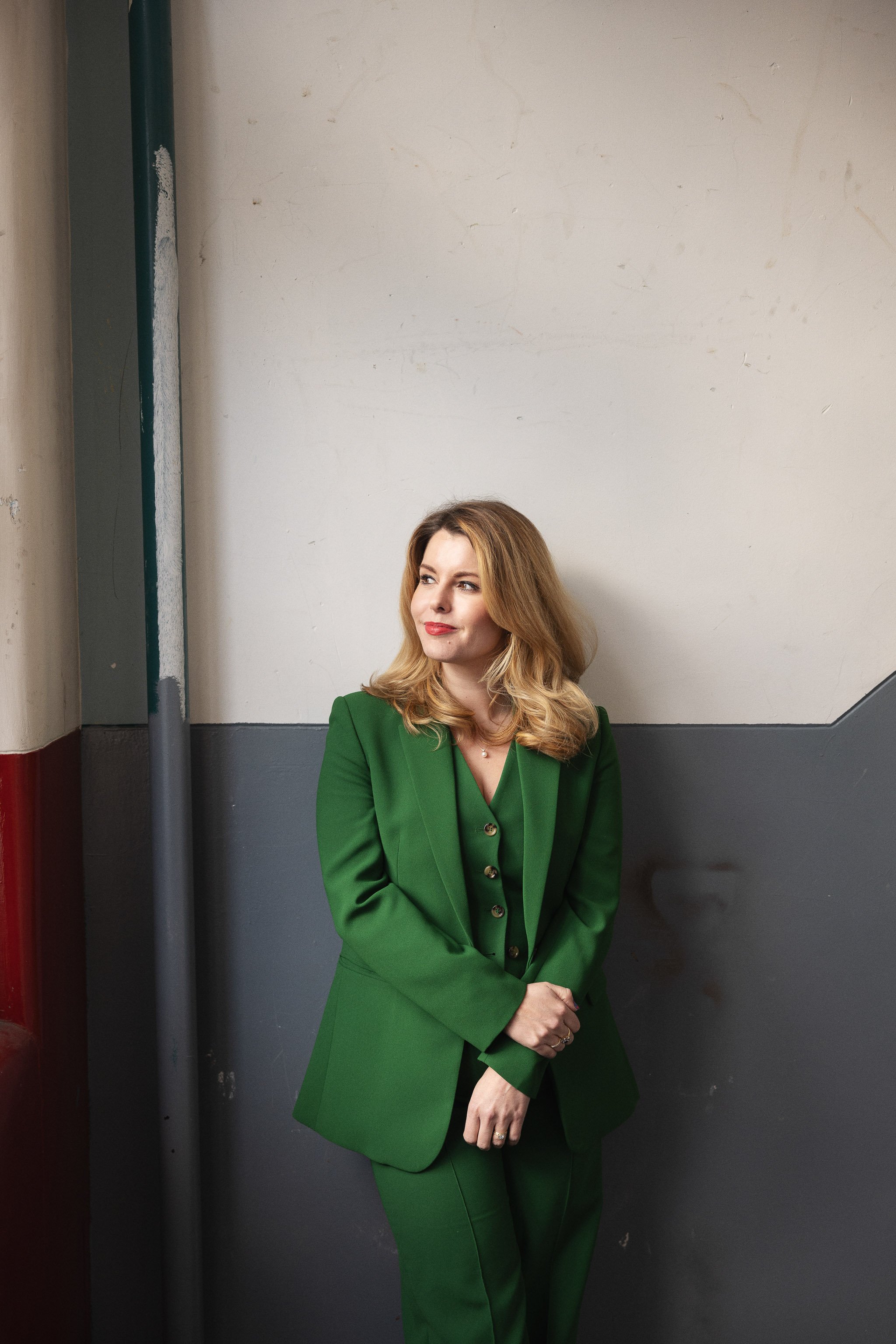
The first person in her extended family to go to university, Kim belongs to a generation of working-class kids who benefited from huge investment in community infrastructure and public space during the last Labour government – investment that is needed once again following the austerity that has hit the North East harder than other areas since 2010.
After university, Kim worked in a series of graduate roles, including at HSBC in 2008 where she distinctly remembers people queuing all the way down Northumberland Street to draw their money out during the infamous bank run on Northern Rock.
Somewhat shaken by that experience, Kim spent time working in recruitment and higher education, honing her passion for working with young people and introducing them to new opportunities.
“My driver has always been helping people who are from where I’m from,” she explains.
Given her background and the way she tells her story, you would be forgiven for thinking Kim’s journey into politics was predestined. But she admits that she is a reluctant politician.
She says: “If you had told me this is what I would have been doing, I genuinely would have thought you were mad.”
Such resistance to a career that makes so much sense looking back comes from a place of not feeling confident or qualified enough to do the thing – something which sadly keeps many intelligent and hardworking women out of leadership positions today.
Kim says: “Catherine McKinnell told me I should stand for Newcastle City Council, and I said I was too young, I didn’t have the experience – all the things that women say.
“I had to be convinced and I have had that same conversation with other women so many times.
“It’s really important to have that conversation as I would never have seen myself in a political role in a million years, but it was the best decision I ever made.”
“I think there are realities that we sometimes get a bit uncomfortable talking about. The reality is that women do often have to work harder to prove themselves.”
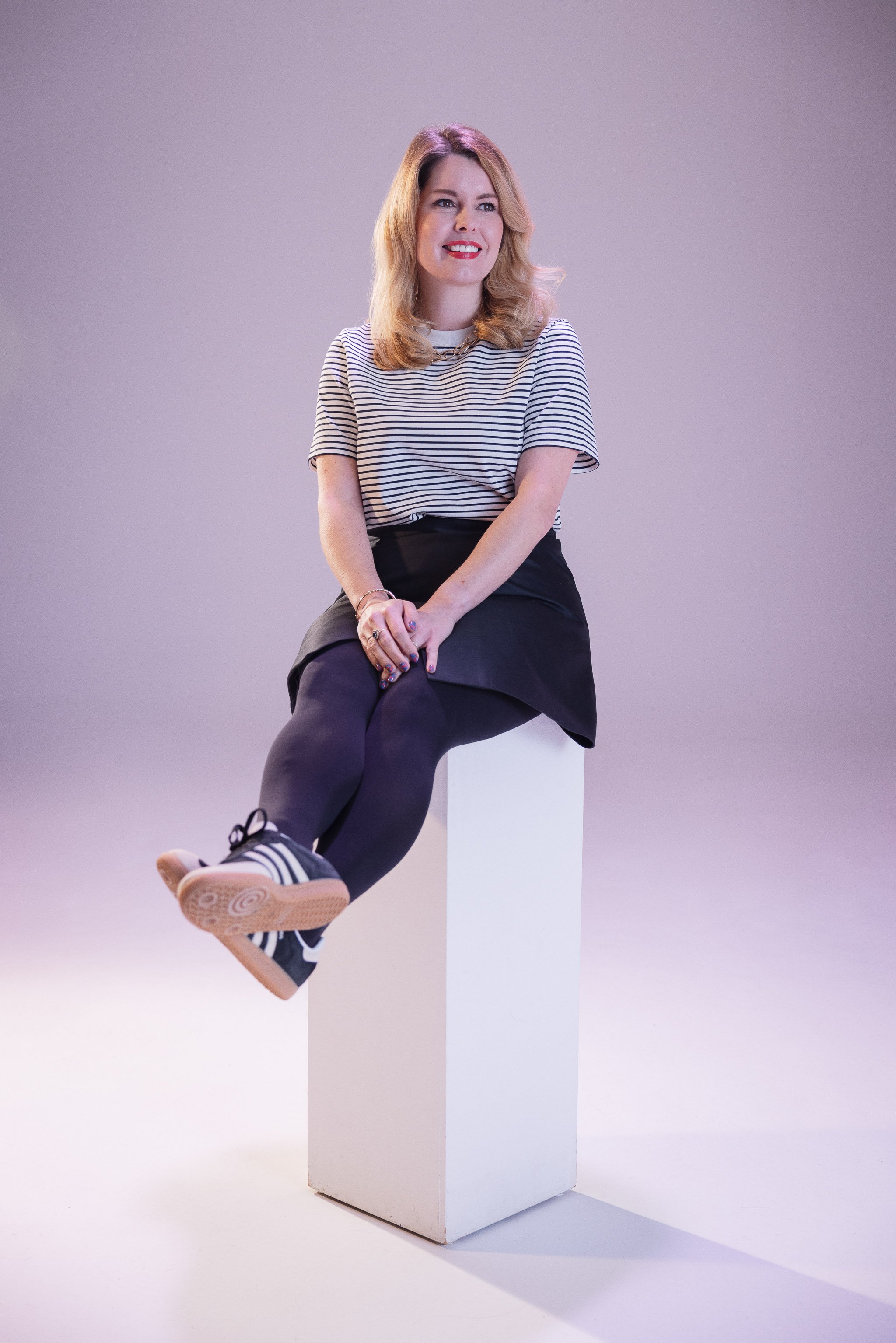

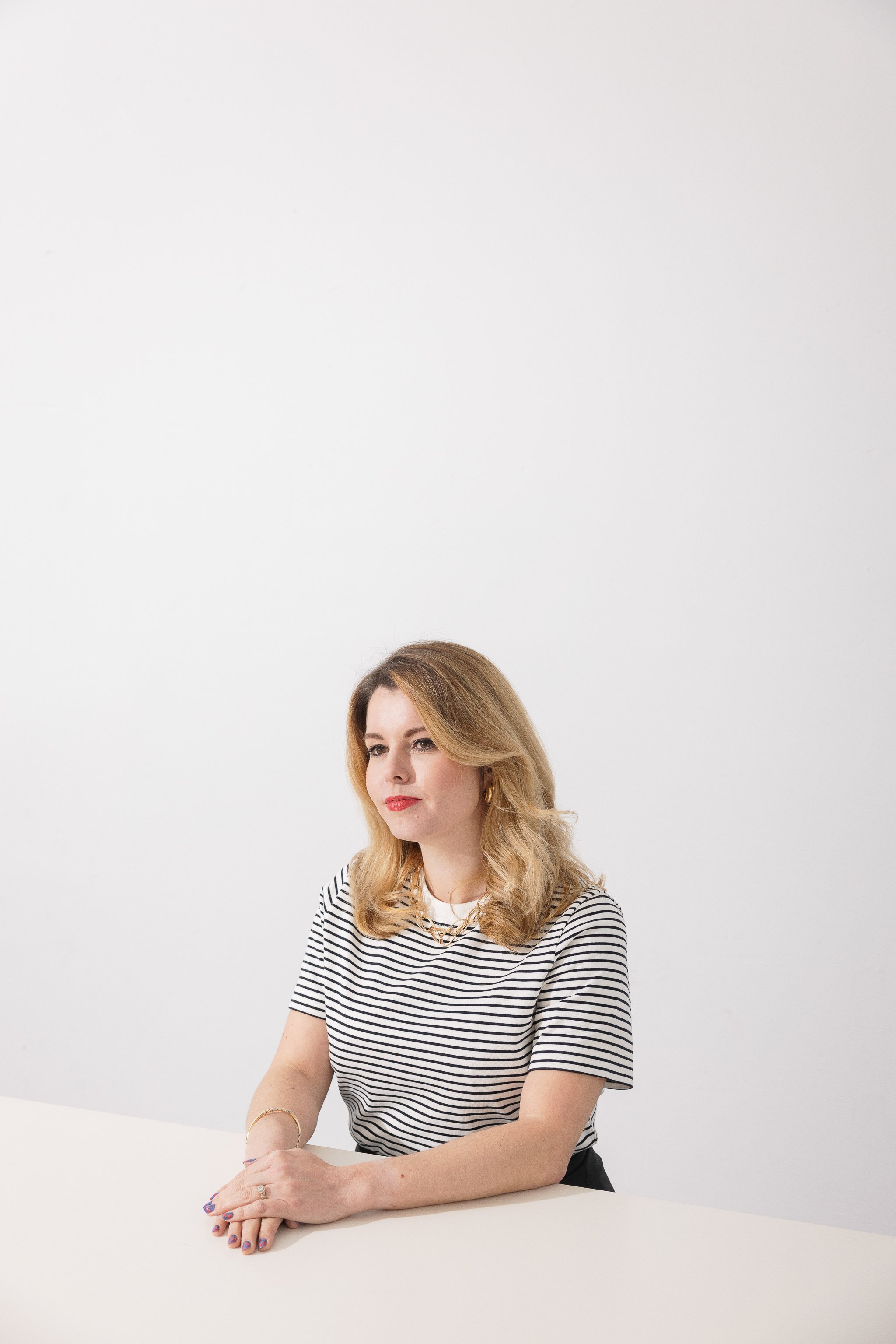
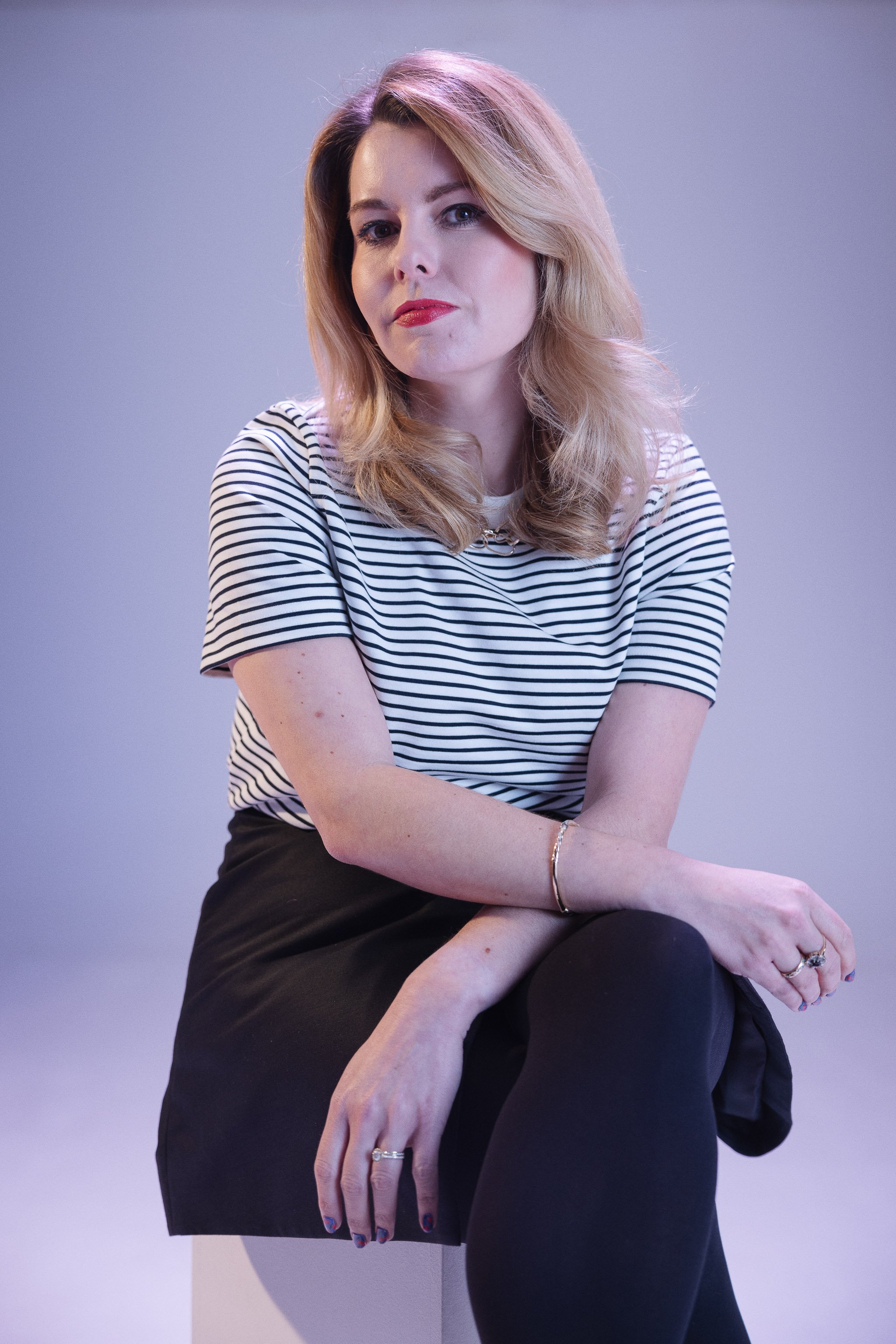
Elected as a Labour Party councillor for Lemington Ward in 2015, Kim is now approaching her 10-year anniversary in politics, having served as cabinet member for communities, culture and sport at Newcastle City Council and most recently as PCC for Northumbria Police.
The reluctant politician has definitely made her mark on local politics, and she is determined to go even further by becoming the new North East mayor.
“The only way to campaign like this is to work more,” Kim admits.
Naturally a workaholic, Kim wants to have an honest conversation about work-life balance and the sacrifices you need to make if you are trying to achieve something.
She says: “As a woman in a leadership position, I should be able to sit here and say, “you really need to compartmentalise your time, make sure you have time to relax and look after your health and wellbeing, make time for family and make time to decompress”.
“I should be saying that, and I want to be saying that, but the truth is [work-life balance] is out the window for me, certainly for now.
“I think there are realities that we sometimes get a bit uncomfortable talking about. The reality is that women do often have to work harder to prove themselves.
“I want to work for a system that doesn’t do that to women, but I do feel that’s the case now.”
“There’s a culture in politics that treats people like they’re stupid and says they can’t understand an issue because it’s so complex. But of course they understand.”
Another uncomfortable topic is the impact of social media on people in the public eye. The rise in the use of threatening language and intimidation online is something that has rocked our democracy in recent years, with MPs and councillors on all sides of the political spectrum speaking out about their safety.
Kim says: “I really hate that it’s such a big part of politics today. There’s this world online where people just think they can say whatever they want to whoever they want.
“Sometimes, I brush it off and make a joke of it, but people have a really good way of getting to the heart of the thing that bothers you.”
This phenomenon is also something that disproportionately affects women and people from ethnic minority backgrounds – the same demographics we are trying to encourage to become more involved in politics.
Kim says: “Whenever I was speaking to a group of women or girls about their future, I would always encourage and just blindly say, “you can do it, just go for it”.
“Now I’m much more careful about telling the truth about what it’s really like.”
She continues: “I am so incredibly lucky to do what I do – it’s the biggest privilege I’ve ever had, and I wouldn’t take back any of it.
“But some of the things along the way – the impact it can have on your home life, the impact it can have on your physical and mental health. Those are very real considerations that I think anybody who wants to do this has to think about.”
Telling it like it is and telling the truth is at the heart of Kim’s approach to being a public servant and how she will lead the new combined authority if elected.
“There’s a culture in politics that treats people like they’re stupid and says they can’t understand an issue because it’s so complex,” she says. “But of course they understand.”
“My job is to give a clear understanding of what we’re trying to achieve, why we’re doing it, and people will decide how much of it they want to digest.”
“This is not about taking power from Westminster and handing it to one all-powerful mayor. This is about handing power to communities to have more control over their own future.”
In the post-COVID world, the truth has never been more important, and Kim credits the pandemic with having laid the foundations for a new spirit of collaboration between the North East local authorities that has ultimately led to the signing of the devolution deal.
The opportunity devolution brings in terms of giving more control to local leaders over transport, housing, skills and investment is genuinely once-in-a-generation. But it will only be successful if it moves the needle on the long-term structural issues that have been holding the North East back.
Kim says: “We should be measuring success by the number of kids lifted out of poverty and by how many people are feeling happier and more comfortable in their day-to-day lives.
“If that is our starting point, the other things will take care of themselves.”
Kim’s campaign manifesto includes promises to introduce a publicly controlled transport network, to create thousands of new jobs through investment in future skills and industries and to support renters and first-time buyers with affordable homes.
She also wants to put arts and culture at the heart of the region’s industrial strategy, leveraging tourism, music and sport as drivers of economic growth rather than add-ons or nice-to-haves.
Kim says: “It’s the people that make the place and I think the North East identity is so very strong. It’s about pride, it’s about resilience, it’s about an attitude that makes us succeed against the odds.
“This is not about taking power from Westminster and handing it to one all-powerful mayor. This is about handing power to communities to have more control over their own future.
“You might find people that don’t want a mayor. But you won’t find anyone who doesn’t want more say over their own destiny.”
Polling day to elect a North East mayor is Thursday May 2nd.
Kim McGuinness is standing alongside Jamie Driscoll (Independent), Guy Renner-Thompson (Conservative), Aidan King (Liberal Democrats), Andrew Gray (Green) and Paul Donaghy (Reform UK).





